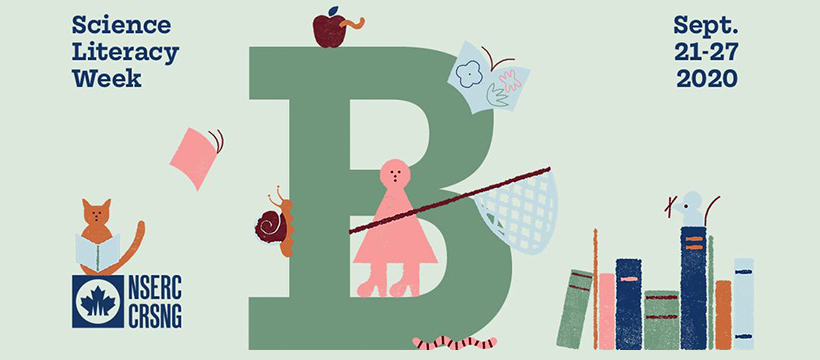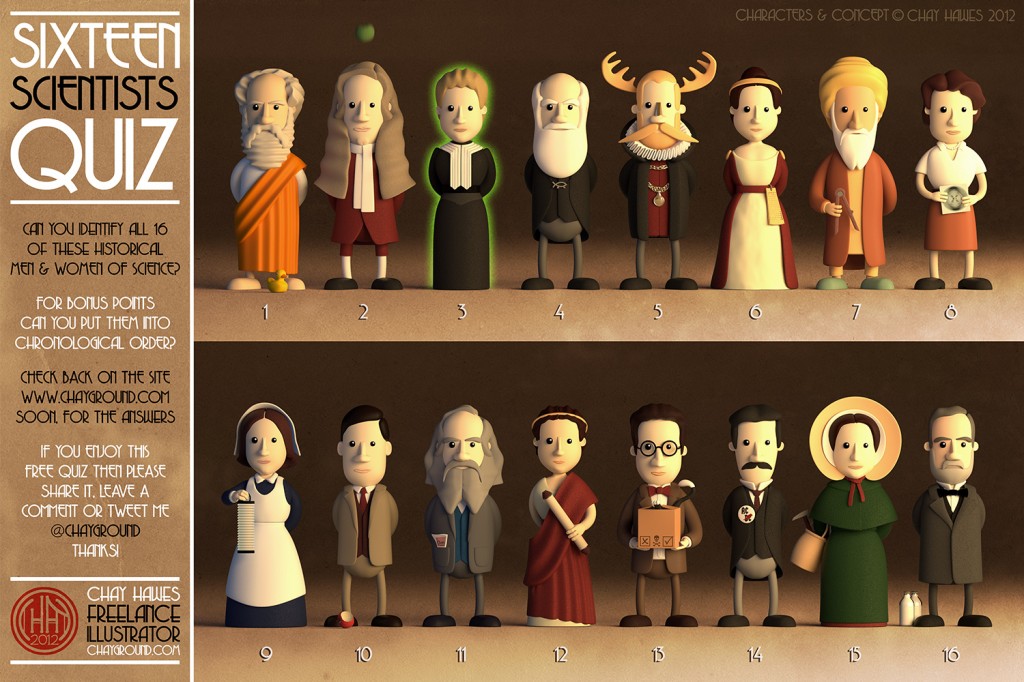We may want to believe that citation practices in STEM are unbiased, but the evidence out there says otherwise. It speaks to the politics and privilege that have pervaded peer review and the published literature.
Here is just a handful of recent examples:
- Escobar Jones, C., Reid, G., Poe, M. (2023). Leading American medical journal continues to omit Black research, reinforcing a legacy of racism in medical knowledge. The Conversation.
- Kahalon, R., Klein, V., Ksenofontov, I., Ullrich, J., & Wright, S. C. (2022). Mentioning the Sample’s Country in the Article’s Title Leads to Bias in Research Evaluation. Social Psychological and Personality Science, 13(2), 352-361. https://doi.org/10.1177/19485506211024
- Ross, M. B., Glennon, B. M., Murciano-Goroff, R., Berkes, E. G., Weinberg, B. A., & Lane, J. I. (2022). Women are credited less in science than men. Nature, 608(7921), 135-145. https://doi.org/10.1038/s41586-022-04966-w
- Teixeira da Silva, J. A. (2021). The Matthew effect impacts science and academic publishing by preferentially amplifying citations, metrics and status. Scientometrics, 126(6), 5373-5377. https://doi.org/10.1007/s11192-021-03967-2
- The politics of citation: Is the peer review process biased against Indigenous academics? (2018). CBC Radio.
What can we do?
There are a few things that we can do in our citation practices to make a difference. First, if we recognize that citations are power, then we can exercise that power in our own reference lists. When we write articles or otherwise disseminate our research outputs, we can choose to break away from citing the usual suspects and cite responsibly. One easy to remember rule of thumb is the Gray test. Our works pass the Gray test if they cite and discuss the scholarship of at least two women and two non-white people. We can also consider including citation diversity statements.
Second, we can be representative in the works that we recommend to others. For example, here is a Gender Balance Assessment Tool that is available to check that our reading lists are not mostly works written by male authors.
Third, when we find ourselves in a position to judge the work of others we can let go of our reliance on citation metrics. We can commit to evaluating works on their scientific merit and consider alternative metrics not based on citation counts.
Of course, we can also talk about citation politics with our colleagues. There is lots to think about and discuss!
Find more citation politics resources and readings, along with sources for alternative metrics on the Impact Measurements guide.




